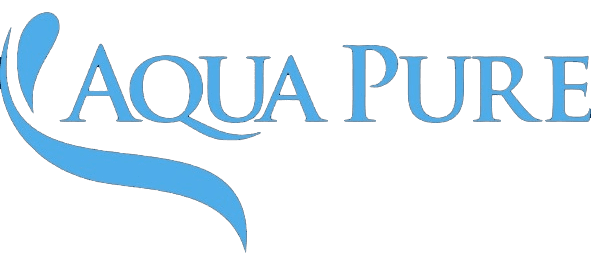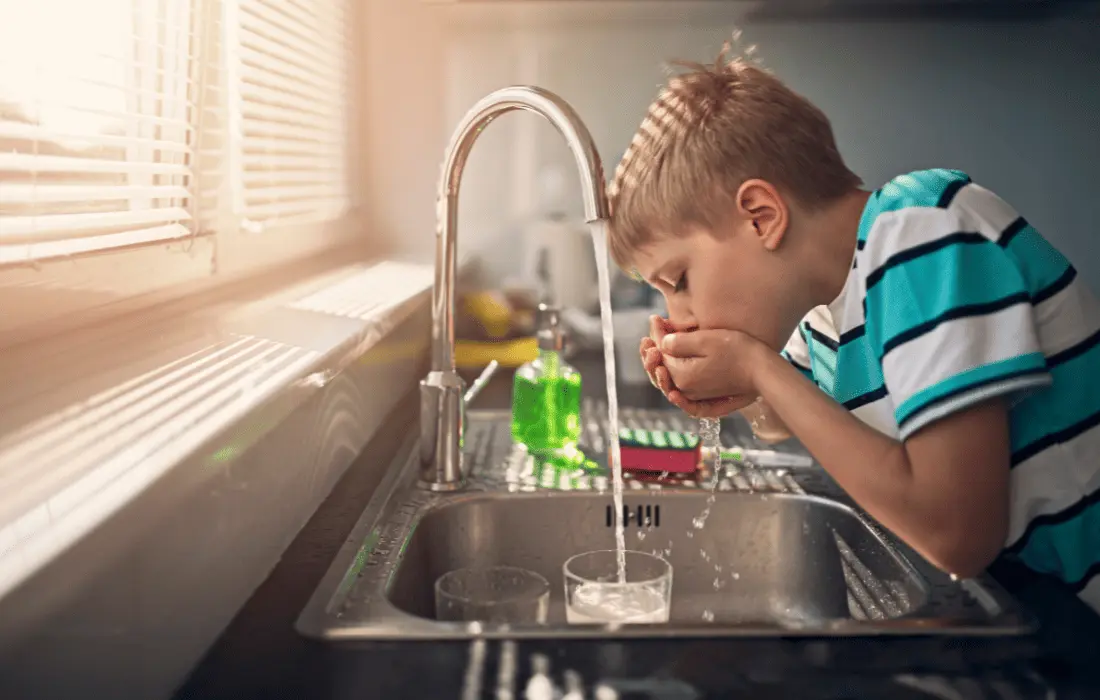Many residents and visitors wonder, ‘Can you drink tap water in Houston?’ Let’s explore the facts. Knowing water quality is an everyday affair because it stands at the core of human health and livelihood. Knowledge of where the water in such great cities as Houston comes from, how it is treated, and such matters helps people make better choices for themselves. Houston’s tap water comes mostly from lakes, rivers, and big reservoirs, where it is processed and then distributed to homes after treatment.
Current Status of Houston's Tap Water
Houston tap water comes from a combination of surface water and groundwater sources. Most of the water comes from Lake Livingston, Lake Houston, and Lake Conroe. The San Jacinto and Trinity Rivers feed these lakes.
Water Quality Reports
Houston’s water quality data meet the safety standards set by the federal government through the Environmental Protection Agency (EPA). A few contaminants are a concern and were reported in a water report, such as low levels of arsenic that can be harmful when in high amounts. The toxic metal chromium-6 has also been spotlighted as present by the Environmental Working Group (EWG) but is not yet being regulated by EPA.
How Is Houston's Water Treated?
There are 3 big surface water treatment plants and around 55 smaller groundwater plants in Houston. Though Houston’s water is treated and basically safe, some contaminants like arsenic, lead, and disinfection byproducts still exist in it. Some of these are naturally occurring, while others come from pollution or the treatment process.
Safety and Quality Concerns
Houston’s tap water mostly meets safety standards, although some issues raise concerns. An aging infrastructure, natural disasters, and contaminants are some of the contributors to water quality problems.
Aging Infrastructure
Water services in Houston are susceptible to quality compromise over time because of its worn-out water infrastructure.
- Lead pipes: Certain lead pipes may still be present in old homes, which penetrate the drinking water supply with lead.
- Leaking: Any cracks or holes in water pipes introduce dirt, bacteria, and other contaminants into it.
- Repair Activities: Old systems prompt frequent disruption of services, with water supply being a possible casualty in the process.
Natural calamities
Floods and hurricanes in Houston are likely to have adverse effects on water sources and water treatment systems. Most of the time, pollutants are introduced, and natural disasters damage infrastructure.
- Flood: From heavy rainfall and flooding, chemicals and rubbish are disposed into sources of water, affecting the quality of water.
- Hurricane: Heavy rains blow the purification process by turning off treatment plants in times of shock and thereby purifying them temporarily.
- Disruption of power: Adverse weather incidents disrupt the power supply, which in turn interferes with water purification systems, potentially leading to contamination.
Water Testing Results
- Arsenic: Present in minimal amounts, exposure to arsenic over a long period can lead to serious health effects, including cancer.
- Chromium-6: Although it is a toxic metal with no current regulation by the EPA, chromium-6 is associated with cancer.
- Disinfection byproducts: These are the chemicals formed when chlorine reacts with organic matter in the water; some of these byproducts are long-term health hazards.
Public concerns about the safety of Houston's tap water
Public complaints about the safety of tap water in Houston have stemmed from very many factors. While the city treats its water and complies with federal safety standards, occasional concerns arise from specific contaminants, such as lead, bacteria, and disinfection byproducts.
Recent reports by the U.S. EPA with regard to the Clean Water Settlement show the possible efforts to minimize overflows as well as deal with a sewer system that affects the quality of water brought by intense heavy rains.
Expert Recommendations
The Environmental Protection Agency of the United States enforces the Safe Drinking Water Act. The EPA advises the residents to get more assurance by:
- Testing your water: Make use of certified water testing kits that are able to detect any contaminants in your home’s plumbing system.
- Installing certified water filters: Make use of water filtration systems that are certified for eliminating certain contaminants of concern in accordance with EPA standards.
Kill harmful germs in boiled water for a minimum period of one minute. Consume boiled water while cooking and brushing teeth. Water testing kits also assure you by testing your household’s environment for any contamination from your drinking tap supply and finding abnormal things in your water.
Alternative Solutions for Cleaner Water
There are simple ways of making your tap water cleaner and safer for consumption. Use water filteration system Huston that connects to your faucet or is installed under your sink to purify water. For those seeking extra peace of mind, installing a whole-home water purification system can ensure cleaner and safer water. It will make sure every drop of water in your home is pure.
Conclusion
Tap water in Houston meets federal safety standards. There are still risks, considering the age of the infrastructure and the occasional contamination of the water supply. Though the water is treated for harmful substances and monitored, it’s always good to stay informed.
For further security, a water filtration system may be the way to go if you want peace of mind about possible contaminants or simply want better water quality. Check your local water quality reports or even availability for cleaning water systems at AquaPureLLC for the cleanest, safest water for your home. Aqua Pure LLC is Texas’s leading water systems installation company with trusted USA-Made water systems and Offers Free Water Analysis.



